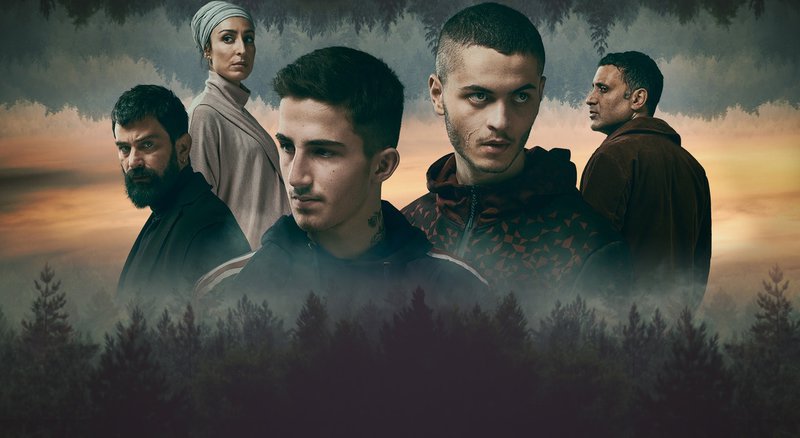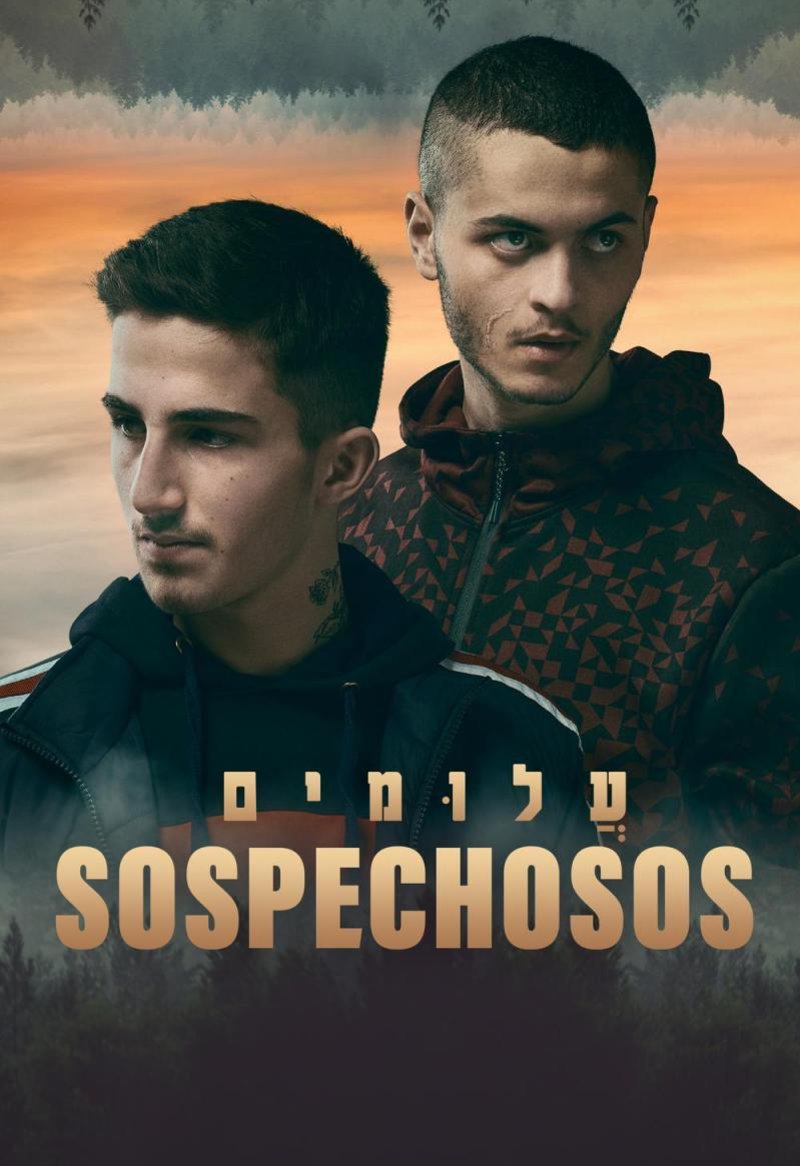There is no future
TV Series
Unknown is a realistic thriller from Israel that causes more angst and pain than the standard TV series that are meant to be “scary”. Directed and written by Tawfik Abu Wael, it goes into marginal suburbs to show us the daily life of a group of troubled young people and how their future expectations get complicated when a rape occurs near their high school. The series is set in the real industrial city of Beit Shemesh, located between Jerusalem and Tel-Aviv, which has a population of about 60,000 inhabitants, who are mostly poor and very religious.
It was presented at Cannes in 2021 and this year it reached the Filmin catalogue after becoming a hit in Israel. Abu Wael is the director of another cult series from 2019: Our Boys, an uncomfortable and absorbing portrait of intolerance, revenge and violence between Jews and Muslims, based on true events. With this new series he has made a thriller in which the crime element is the least important, because what he does with great stylistic precision is delve into very current problems in Israeli society: the difference in social classes, poverty and marginalisation that have destroyed the futures of many young people, discrimination, racism, police violence, homophobia, fundamentalism, drugs, and so on.
The story begins when a group of boys who attend a special high school for socially vulnerable teenagers immediately become suspects in the rape of a young girl on a nearby campus. The investigation is carried out by Avner, an experienced and tough police officer who happens to be the husband of one the boys’ teachers, Naomi, a sensitive woman with her own traumas who really cares about her students’ well-being. Needless to say, all of this will cause problems for the couple, who are expecting their first child. As the episodes progress, the viewer gets to know the dynamics that are established between the boys, especially when one of them is arrested as the main suspect.
This young man, Vasa, is a falasha, the name given to Jews of Ethiopian origin who were brought to the country by the Israeli government in the 1980s and 1990s to save them from starvation, and who in practice have ended up as some of society’s most discriminated and forgotten groups. Until his arrest, Vasa was one of the young people who had the most opportunities to get out of poverty because of his talent for music. At the same time, Naomi and Yaniv (a businessman who is forced to do social service at the centre) will try to help the rest of the boys, who gravitate around two strong characters: the spry Osher, who only wants to leave the neighbourhood and makes every effort to clear his record and enlist in the army, and Menachem, probably the most complex character, a smart and aggressive brat who acts with the cynicism of someone who no longer has anything to lose, because in reality he never had anything to gain.




